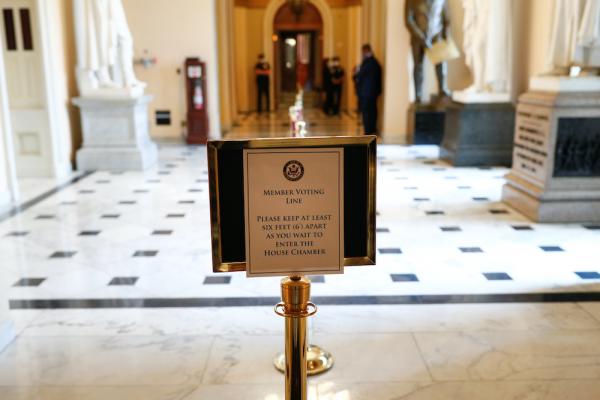Apr 30, 2020
In the midst of this COVID-19 pandemic, we are seeing more than ever who is most vulnerable to contracting and dying of this new disease — and it’s a function of often very old and deeply embedded societal structures that create and perpetuate grotesque racial and economic inequity.
Read the Full Article

Already a subscriber? Login
